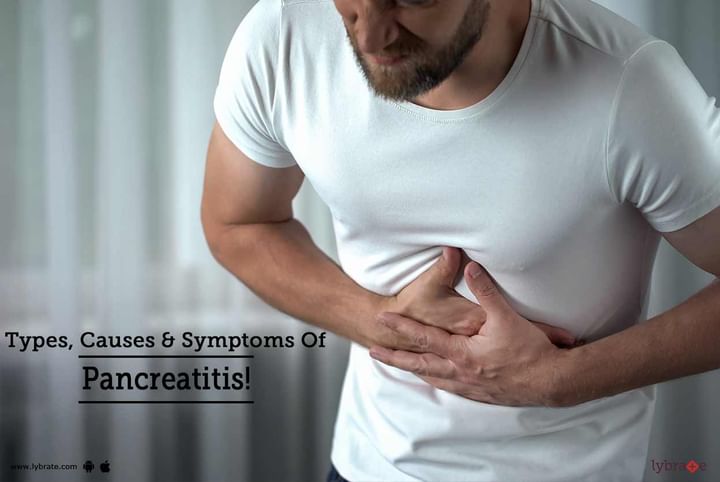Types, Causes & Symptoms Of Pancreatitis!
Inflammation of the pancreas is known as pancreatitis. The pancreas is an organ that produces digestive enzymes. Pancreatitis might start any day and continue for a long period and it requires immediate medical attention. It is of two types- acute pancreatitis and chronic pancreatitis. Although the treatment usually requires hospitalization, pancreatitis can be easily stabilized and the underlying cause can be treated thereafter.
CAUSES:
Pancreatitis may be caused due to various reasons:
1. Gall bladder stone: The pancreatic duct lies next to the bile duct. The gallstones enter the small intestine after passing through the common bile duct. Often the stones that remain in the common bile duct have a negative effect on the pancreas, which causes a hindrance to the normal flow of the pancreatic fluids, causing pancreatitis. Also, a backflow of the bile into the pancreas can cause pancreatitis.
2. Alcohol: Longtime alcohol use also causes pancreatitis. Alcohol can damage the pancreas tremendously causing it to get inflamed.
3. Other causes: Hereditary disorders in the pancreas, cystic fibrosis, high level of triglycerides, and a few medicines may also cause pancreatitis.
Symptoms:
1. The first symptom of pancreatitis is abdominal pain: The pain may be sudden or gradually increasing, but is usually aggravated after eating. It is severe and constant, and may continue for a few days. If you are suffering from pancreatitis, you will feel very sick after a sudden attack and you might require medical assistance immediately.
2. Swollen abdomen: Pancreatitis may cause your abdominal area to swell up and become tender.
3. Nausea: If your abdomen suddenly starts paining due to the onset of pancreatitis, you tend to feel extremely nauseous. You might end up vomiting and may also have violent heaves.
4. Fever: The inflammation will cause you to run a temperature, along with a searing pain in your stomach, which will make you feel extremely uncomfortable.
5. Rapid pulse: Pancreatitis affects the rate at which the heart beats, causing a rapid increase in the pulse rate.



+1.svg)
